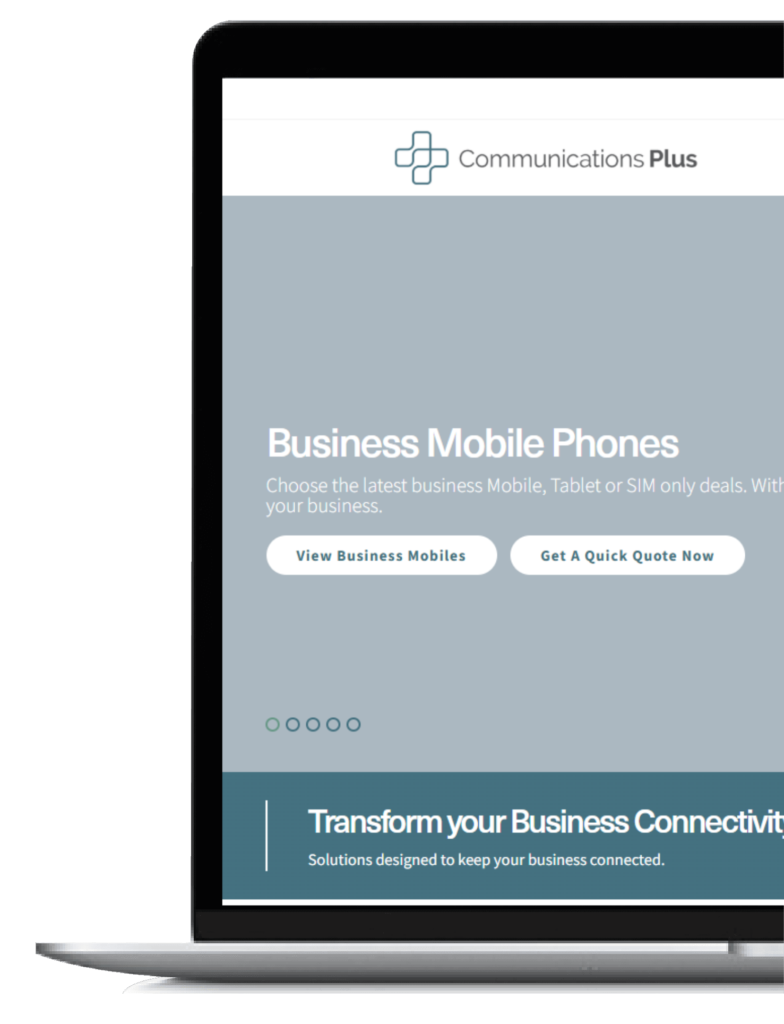A Voice over Internet Protocol (VoIP) phone system takes your traditional, outdated system online, turning into an adaptable, efficient and flexible communications network that puts all your voice, text and video messaging into one place.
Plus, when the current ISDN phone lines are switched off (scheduled for 2025) businesses will have to switch to VoIP or another internet based phone system.
But when you’re looking to make an investment in new technology there’s always one question you’ll be expected to answer – how can you judge the ROI to make sure the investment is worth it?
For some technology this is easy to do, but how can you judge the ROI of a VoIP phone system?
While you might think it’s difficult to assess the return on investment of a phone system, there are several indicators you can use to work out if you’re getting what you need.
Here’s a few ROI metrics you could consider.
Costs ROI
Obviously the easiest metric to measure for your VoIP phone system is the cost savings you could make by moving over to an internet based phone system.
Don’t just look at the short-term costs, assess the lifetime value of the technology.
Your initial investment will have to be focussed on VoIP handsets.
These ‘multimedia’ phones are capable of accepting all voice, video and text calls, so offer more than traditional handsets.
Potentially, depending on the strength of your current internet connection, you might need to invest in a second connection to handle your VoIP calls.
This is because VoIP systems carry a lot of data over the lines, which could stress your existing internet network.
But if you consider that you need a single connection for your entire VoIP phone system, rather than individually installed phone lines for every handset, the costs should be considerably lower.
Brand ROI
While you might think of your phone network as just a set of handsets, remember that phone calls play a huge part in your customer service.
According to research by American Express, 40% of customers want to speak to a real person on the phone when trying to resolve an issue.
And according to Accenture, 66% of customers will switch providers if they get poor customer service.
A VoIP phone system can greatly improve your customer service because you have all the types of communication you need in one handset, which means customers don’t need to be passed from system to system (which can be convoluted)
For example, with a VoIP system you could take a call from a customer over the phone and if they need technical support you could transfer them to a video call with a support agent who can visually walk them through how to fix the problem.
From a brand ROI perspective, you could carry out a number of customer surveys or measure your Net Promoter Score before investing in VoIP, and then run the same surveys consistently over time to see how your scores improve.
If your levels of customer satisfaction improve, you’ve got a good return on your VoIP system.
Employee satisfaction ROI
Just as a better phone system can help improve customer satisfaction, investing in technology that makes your employees’ lives easier can improve employee satisfaction – and retention.
VoIP phone systems make it much easier for teams to communicate and share information and can prevent a lot of wasted time.
As part of your ROI measurement you should understand what your employees think about the system, and importantly, what if any changes they would like to see made or they think would improve the system further.
Productivity ROI
Finally, another key attribute of a VoIP phone system is that it can improve productivity by making meetings more efficient and make it easier for teams to communicate and share information from anywhere.
Employees can join calls on voice or video, and be invited into calls with the click of a button.
This is ideal when teams need to present information visually without the need to send links to dozens of team members. It also allows remote employees to join calls from anywhere they have an internet connection.
Plus, because calls can be recorded, it stops wasted time later if someone didn’t fully understand something because they can just go back to the recording and check what was said.
This prevents constant back and forth on emails after the meeting to clarify points.
You should get a grasp on how productive employees are prior to investing in VoIP and carry out regular reviews on how this is improving.
Improving your business and generating positive ROI with VoIP phone systems from Communications Plus
One thing to keep in mind about VoIP phone systems is that they’re not an ‘either or’ option and when ISDN lines are eventually turned off, every business will need to adapt to VoIP and internet based phone systems.
The only question is whether you make the investment now, or wait until the last minute.
By making the switch now you can adapt your business’ communication network and assess your ROI – in order to make improvements – before you’re forced to make the switch at a later date.
Making the switch now means that when your competition switch to new lines later, you’ll already be ahead of them and will already have adapted and overcome many of the challenges they’ll be yet to face and – importantly, you’ll already be generating a good ROI.
If you’re ready to make the switch to VoIP phone systems or want to find out more information – get in touch.










